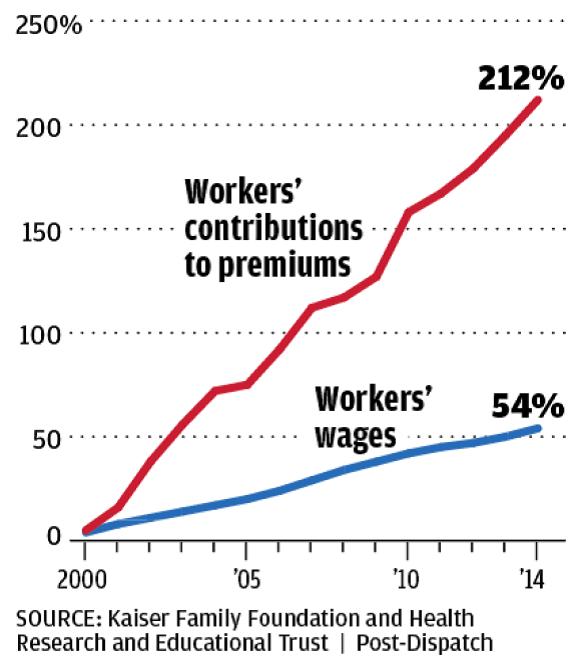The surge in hospital employment of physicians predated Obamacare by at least six years, and had two key drivers. The first was independent baby-boomer physicians — particularly those in primary care — found themselves unable to recruit new partners. Newer physicians, heavily burdened by student debt, were not inclined either to take on entrepreneurial risk or the 60-hour work weeks independent practice entailed.
The second was cuts in Medicare payments for office-based imaging. Thanks to the Deficit Reduction Act of 2005, specialties such as cardiology, orthopedics, and medical oncology that relied on the revenue that imaging generated were hit hard. As a result, many found it advantageous to be employed by hospitals. Under Medicare rules, in addition to professional fees, hospitals can charge a Part B technical fee for their services and therefore can pay practitioners more than they could earn in private practice.
Then, beginning in 2009, the Obama administration’s policies increased the exodus of physicians from private practices to health systems. The
“meaningful use” provisions of the HITECH Act of 2009 provided both incentives and penalties for physicians to adopt electronic records, but hospitals and very corporate enterprises had more resources to comply with meaningful-use requirements.
The value-based-payment schemes created by the Affordable Care Act also markedly increased documentation requirements and, as a result, the overhead of practices,
driving more physicians into hospital employment models.
There have been a number of reasons hospitals have been hiring physicians. Some, particularly those in rural areas, had no choice but to turn physicians into employees. Retiring independent physicians were leaving large gaps in care in their economically challenged communities. Consequently, hospitals that did not step in to fill the gaps were in danger of closing.
Separately, some hospitals or systems sought to grab business from their competitors by
acquiring physicians who hospitalized their patients at competing facilities. These physicians’ inpatient and, particularly, outpatient imaging and laboratory volume generated additional revenues for the acquiring hospital or system.
A third apparent motivation was to corner the local physician market in order to obtain more favorable rates from health insurers. This seemed to have been a major rationale for St. Luke’s Health Systems acquisition of Seltzer Medical Group, Idaho’s largest independent, multi-specialty physician practice group, which led to
an anti-trust action.
Yet another reason for making physicians employees was to position the organization for capitated, or value-based, payment. Hospitals believed that “salarying” physicians would help control clinical volumes and thus make it easier to perform in capitated contracts.
Finally, some hospital and system CEOs were tired of negotiating with local independent physician groups or national physician-staffing firms like MedNax and TeamHealth over incomes and coverage of the hospitals’ 24/7 services such as the emergency department, the intensive care unit (ICU), and diagnostic services like radiology and pathology. Building an in-house staff of physicians seemed like an attractive alternative.

